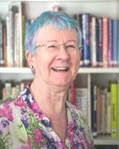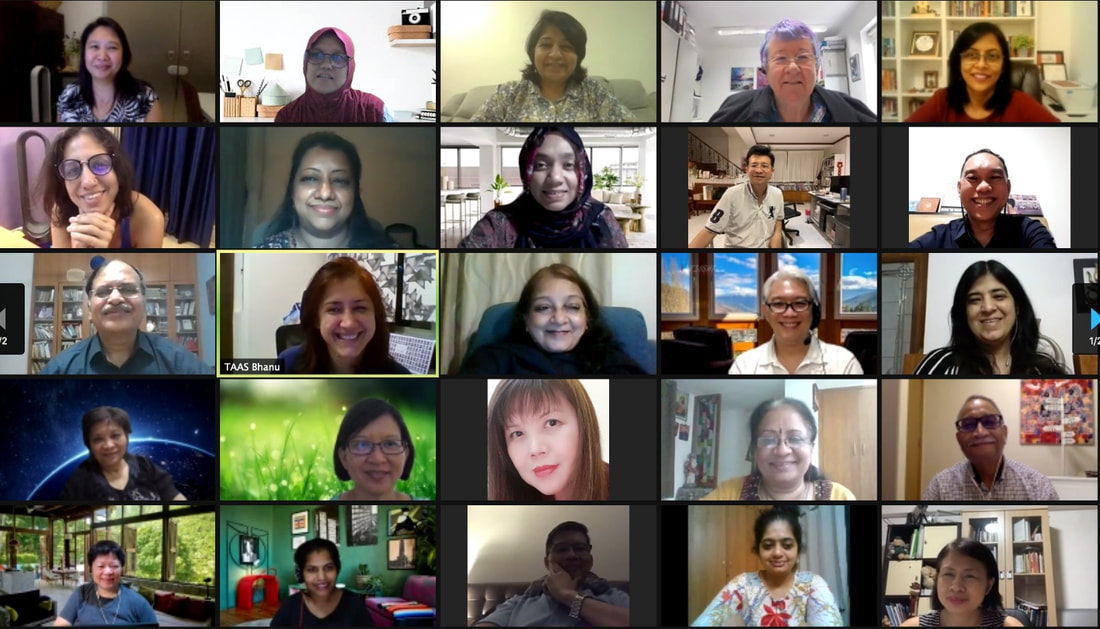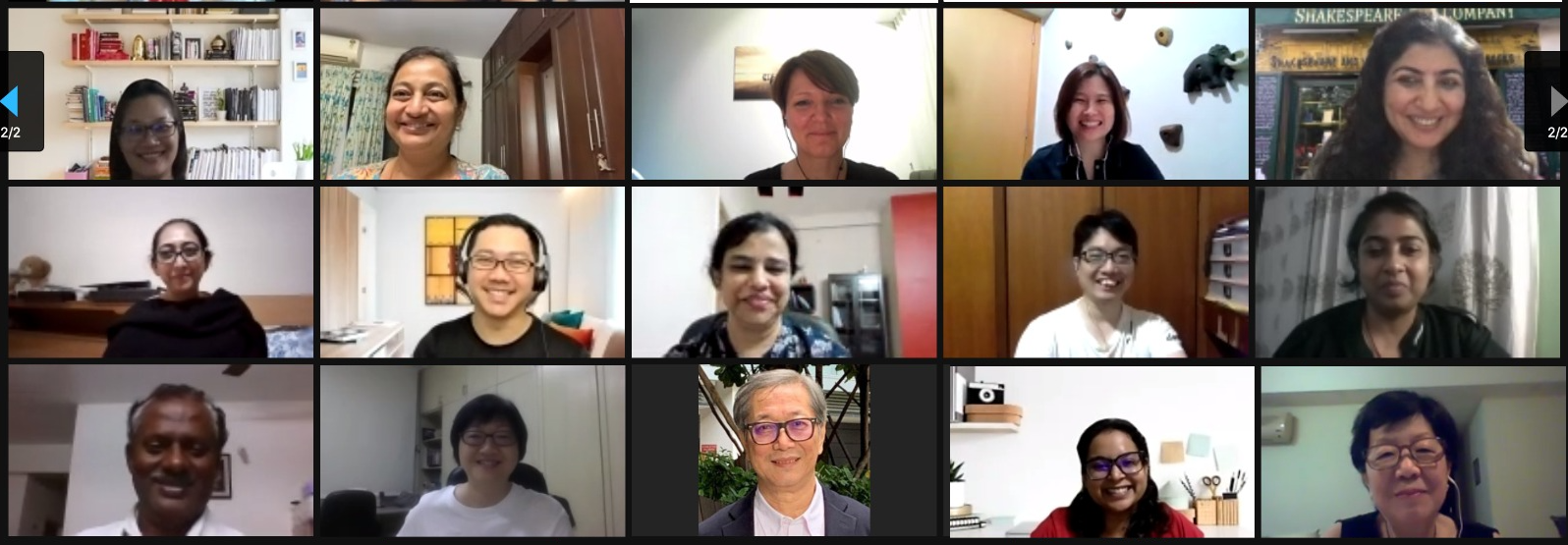Take me to Calendar of Events
TAAS series of webinars featuring international TA experts
Choosing Communication Channels in Challenging Situations
by Julie Hay. 15 October 2020
Thank you for joining us!

Facilitator: Julie Hay
Julie is a Teaching & Training Transactional Analyst in all fields of TA – TSTA (COPE). She is a past president of ITAA and of EATA and has taught TA in over 40 countries so far, including Singapore (briefly) many years ago. She is also a Licensed NLP Trainer with Richard Bandler, is a Chartered Manager, Chartered HR Professional, European Accredited Counsellor, and Registered UK Psychotherapist. Her experience spans many years as manager and consultant with large organisations and voluntary psychotherapist in a high security male prison. She is the Editor of the International Journal of TA Research & Practice.
about the workshop
TA provides us with many concepts that enable us to analyse our interactions with others, so we can choose the most likely way to engage in effective communication with a wide variety of different people, and in different circumstances. We can consider aspects such as personal styles, working styles, motivation styles, decision-making styles, leadership styles . . . . or, if we use TA jargon, we can think about different ego states, different working styles and drivers, different stroking patterns, and we can bring these together to work out the best way to interact with someone and how to influence them, whether we are formally their leader or not.
Julie has pulled several TA concepts together into a simplified version of Taibi Kahler’s original assessing quadrant. This makes it easy to remember and to teach to others. Although we must be careful not to put people into boxes, they tend to climb into the boxes themselves when they are very stressed – and so do we. This means that the model is particularly useful in challenging situations. It provides an explanation of why we get on so well with some people and so badly with others, and how we can increase our own flexibility to include the skills of interacting effectively with those who would otherwise challenge us the most.
Whatever your prior knowledge of TA, you can expect to acquire an enhanced perspective and some practical ideas around the following:
Julie is a Teaching & Training Transactional Analyst in all fields of TA – TSTA (COPE). She is a past president of ITAA and of EATA and has taught TA in over 40 countries so far, including Singapore (briefly) many years ago. She is also a Licensed NLP Trainer with Richard Bandler, is a Chartered Manager, Chartered HR Professional, European Accredited Counsellor, and Registered UK Psychotherapist. Her experience spans many years as manager and consultant with large organisations and voluntary psychotherapist in a high security male prison. She is the Editor of the International Journal of TA Research & Practice.
about the workshop
TA provides us with many concepts that enable us to analyse our interactions with others, so we can choose the most likely way to engage in effective communication with a wide variety of different people, and in different circumstances. We can consider aspects such as personal styles, working styles, motivation styles, decision-making styles, leadership styles . . . . or, if we use TA jargon, we can think about different ego states, different working styles and drivers, different stroking patterns, and we can bring these together to work out the best way to interact with someone and how to influence them, whether we are formally their leader or not.
Julie has pulled several TA concepts together into a simplified version of Taibi Kahler’s original assessing quadrant. This makes it easy to remember and to teach to others. Although we must be careful not to put people into boxes, they tend to climb into the boxes themselves when they are very stressed – and so do we. This means that the model is particularly useful in challenging situations. It provides an explanation of why we get on so well with some people and so badly with others, and how we can increase our own flexibility to include the skills of interacting effectively with those who would otherwise challenge us the most.
Whatever your prior knowledge of TA, you can expect to acquire an enhanced perspective and some practical ideas around the following:
- how to quickly assess someone even if you are meeting them for the first time
- how to choose the communication channel with the highest probability of success in your interactions with them
- how to deal with problems in ways that will set the scene for constructive ongoing relationships
- how to deal with the ways in which stress exacerbates the negative aspects of your own style as well as theirs



